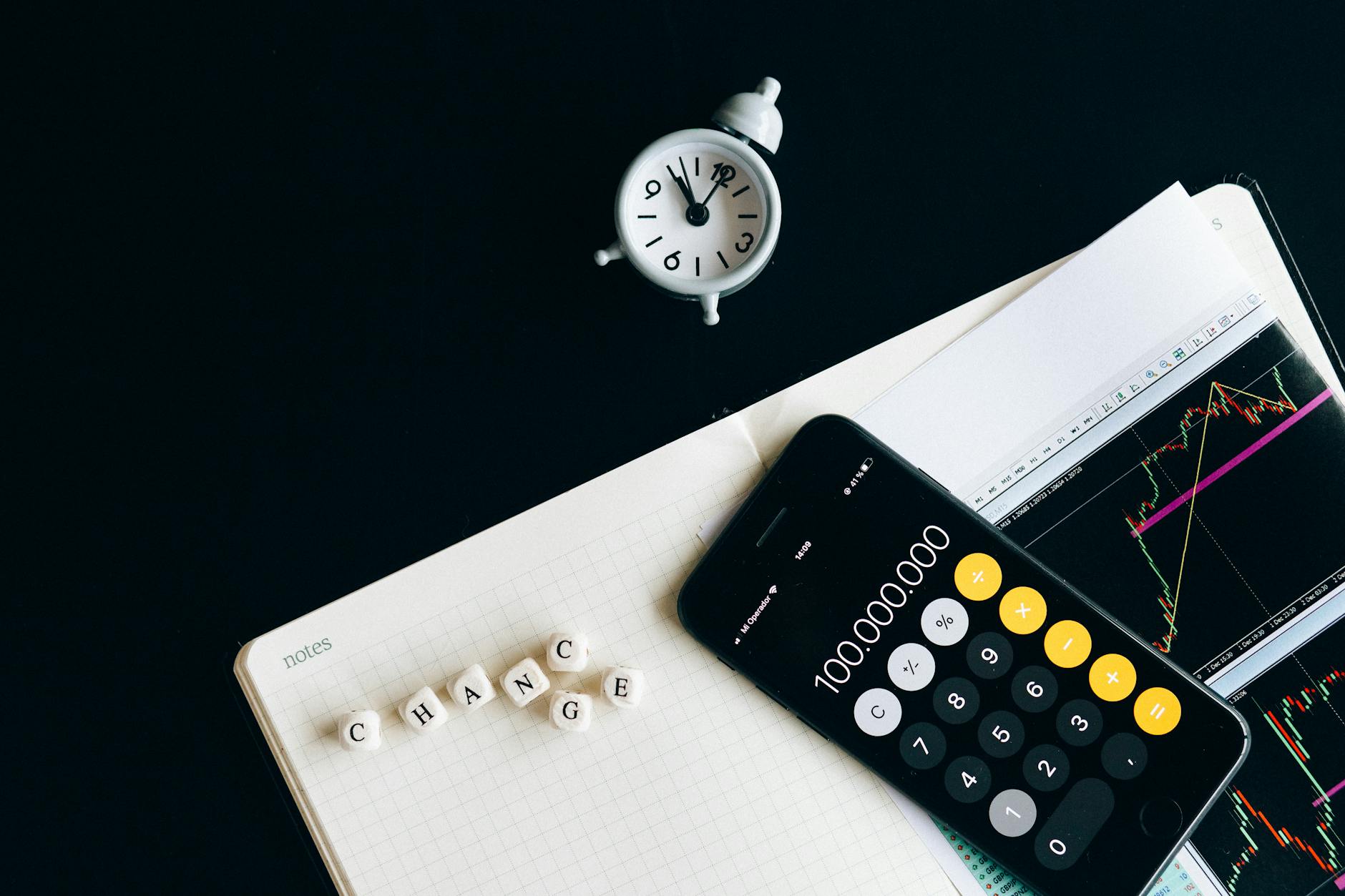Forex trading, short for foreign exchange trading, is all about buying and selling currencies. It’s not just for banks and large institutions; everyday people can dive into this bustling market. Picture this: two strangers exchanging currencies at an airport. That's a simplified version of forex trading, happening globally at an unimaginable scale.

Photo by Nataliya Vaitkevich
How Does Forex Trading Work?
In the forex market, you're not really buying physical money; rather, you trade currency pairs. Think of it like this: you might exchange Euros for US Dollars. Each currency pair shows the value of one currency against another. If you believe that the Euro will gain value against the Dollar, you'd buy that pair.
For example, if EUR/USD is at 1.20, it means 1 Euro is equal to 1.20 Dollars. If you expect it to rise to 1.25, you buy that pair. If your prediction is correct, selling it later at a higher rate means profit. It’s this guessing game that keeps the forex market rich in opportunities.
The Size of the Forex Market
Forex trading is the biggest financial market in the world, with a daily trading volume exceeding $6 trillion. Just think about that number! From banks to corporations, various participants engage in this market. Due to its vastness, it’s also highly liquid. This means you can buy or sell currencies quickly, without waiting too long for a transaction to complete.
Key Players in Forex Trading
Understanding who's involved in the forex market is crucial:
- Banks and Financial Institutions: They play a major role, facilitating trading for their customers and themselves.
- Corporations: Companies involved in international business use forex to convert currencies, managing exchange risks.
- Retail Traders: This is where individual traders fall. With platforms and tools readily available, everyday people can trade just like the big players.
- Governments and Central Banks: They sometimes intervene in the forex market to stabilize or increase their currency’s value.
Types of Forex Trading
Forex trading isn’t one-size-fits-all. There are several methods to engage, depending on your style and goals:
Day Trading
This method involves quick trades within a single day. Traders buy and sell multiple times, aiming to profit from short-term price movements. It's fast-paced and requires constant attention.
Swing Trading
Swing traders hold positions for several days to capture price fluctuations. They take advantage of market swings without needing to monitor trades constantly.
Scalping
Scalpers make numerous small trades to achieve tiny profits. They rely on quick executions and often hold trades for mere seconds or minutes.
How to Start Forex Trading
Ready to dip your toes in? Here’s a simple guide:
-
Educate Yourself: Understand the basics. Read books, follow online courses, or even engage with online communities.
-
Choose a Broker: Not all brokers are created equal. Research and select one that fits your needs and has a solid reputation.
-
Open a Trading Account: Most brokers offer different account types. Start with a demo account to practice.
-
Develop a Strategy: Decide how you’ll trade. Will you use technical analysis, fundamental analysis, or a mix of both? Find what works for you.
-
Keep Learning: The market constantly changes. Stay updated with the latest trends, economic news, and strategies.
Risks of Forex Trading
It’s not all sunshine and rainbows. Forex trading carries risks that you must be aware of:
- High Volatility: Currency values can shift rapidly. This can lead to big profits but equally large losses.
- Leverage Risks: Many brokers offer leverage, meaning you can trade more than you have. While this can amplify profits, it can equally amplify losses.
- Unregulated Environment: Not all forex brokers are regulated. This means you need to do your homework to find a trustworthy one.
Conclusion
Forex trading opens up a world of opportunities, but it’s essential to approach it with care and knowledge. Whether you’re seeking extra income or a full-time career, understanding the fundamentals gives you a head start. Remember, each currency pair tells a story; it's up to you to decide how it unfolds. So why not begin your journey today? Whether you trade for fun or profit, the forex market is waiting.
